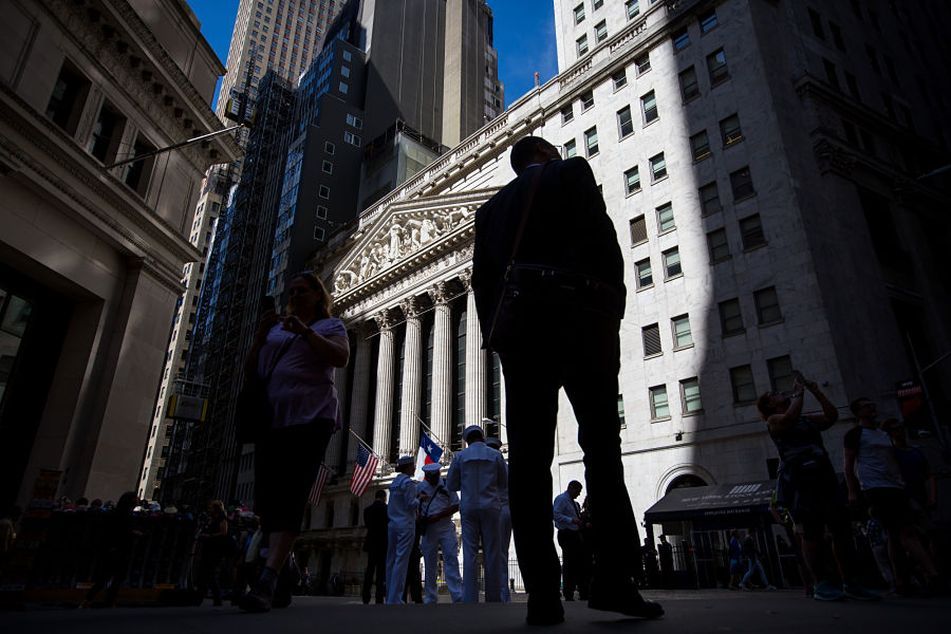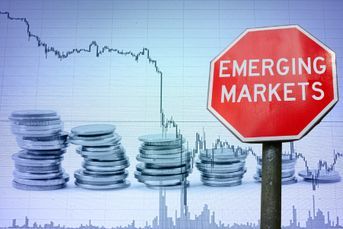Small caps are losing their immunity to trade jitters

Russell 2000 index of small-cap stocks has underperformed global equities three days in a row
A shelter from the storm is starting to sprout leaks.
Bearish sentiment is growing on the Russell 2000 Index of small-cap stocks, a group that had seemed relatively immune to the trade-tariff saber-rattling that’s recently cast a pall over the outlook for global commerce. This index, composed of U.S. companies that generate the bulk of their revenue domestically, has underperformed global equities for three consecutive sessions after hitting a record high relative to the MSCI World Index last week.
“We’ve been on the wrong side of the Russell (leaning short) for almost a month, but the last three days have erased three weeks of gains,” Peter Cecchini, the global chief market strategist at Cantor Fitzgerald, wrote in a note Tuesday. “It’s time to press the short.”
Naufal Sanaullah, the chief macro strategist at EIA All Weather Alpha Partners, outlined two likely scenarios for small-cap stocks going forward. One is some resolution of trade angst that would lead to a period in which U.S. multinationals and emerging markets fare well. The alternative is that trade barriers start to weigh on economic activity stateside, fueling weakness in domestic-linked stocks that have largely been shrugging off the clash over commerce between the U.S. and China.
“A combination of stretched positioning and increasing fears of second- and third-order effects of trade conflict are leading investors to reconsider the immunity against negative trade headlines that recently-outperforming domestic-facing cyclicals possess,” he said.
Mr. Sanaullah favors relative value trades that take advantage of the low implied volatility for U.S. small caps as well as large-cap tech stocks.
Typically, implied volatility for the Russell 2000 Index trades at a sizable premium to that of the S&P 500 Index, in line with the notion that smaller stocks tend to display larger swings than larger ones. However, since the February stock rout, the spread between implied volatility for the two gauges shrank to — and has remained at — historically low levels.
The upshot: Fears of escalating trade tensions may have been meaningful to markets for longer than implied by the performance of broad U.S. equity market.
“If the ‘trade war’ fades, then a reversal of this relationship could be in the cards,” wrote Andrew Lapthorne, the global head of quantitative strategy at Societe Generale, flagging the elevated corporate leverage as cause to not be “keen” on small caps.
Learn more about reprints and licensing for this article.








